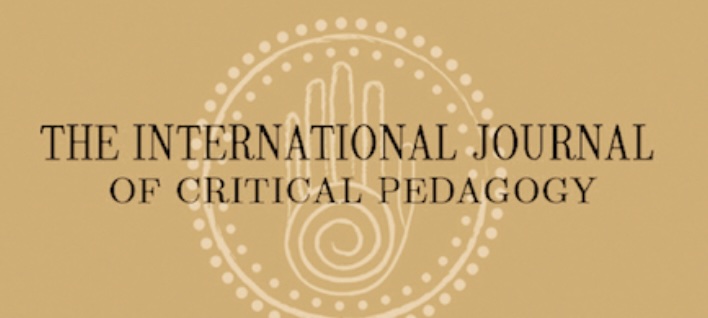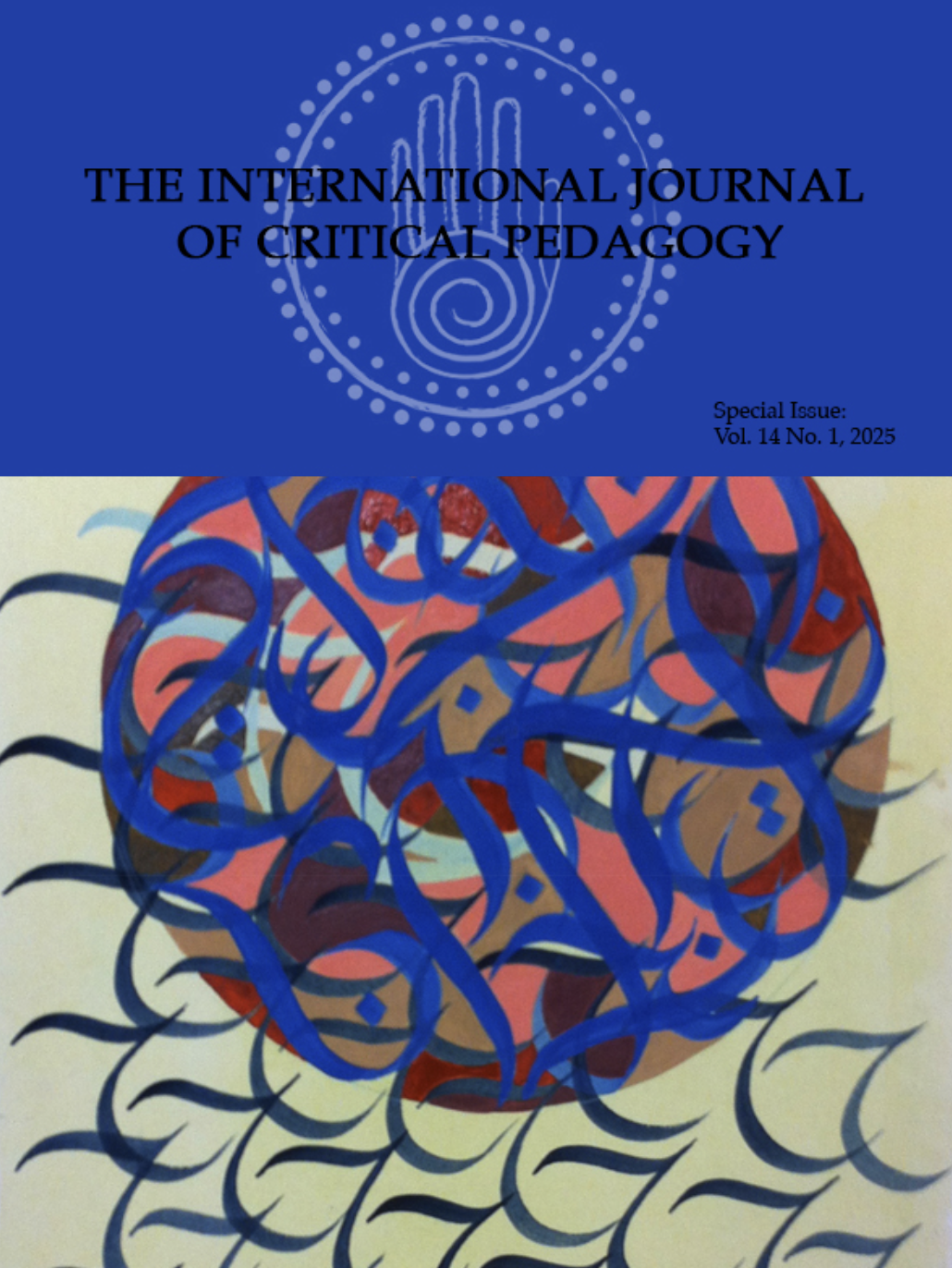Abstract
As pedagogies of liberation are designed for establishing and enhancing freedom and accessibility for all individuals, it is proposed that differentiated instruction for students with disabilities is, by definition, a pedagogy of liberation. Because the field of special education has been and continues to be in a process of distinct legislative and political attention and reform, it is important that such reform be viewed in a more radical and active context to ensure that the exclusionary history of individuals with disabilities is not repeated. Since a considerable percentage of students are either officially classified or regarded as having disabilities, different modes of curriculum presentation and instruction are necessary to enhance such students’ accessibility to information without sacrificing the integrity of the curriculum. Failure to do so creates an instructional stratification between students with and without disabilities. Because practices of differentiated instruction will, if applied effectively, empower such students with the same or comparable curricular information as their non-disabled counterparts, equality of information accessibility will be fostered, thus enhancing all students to be a functional part of the community.
Keywords: differentiated instruction, pedagogy of liberation
How to Cite:
Shyman, E., (2012) “Differentiated Instruction as a Pedagogy of Liberation”, International Journal of Critical Pedagogy 4(1).
Downloads:
Download PDF
View PDF

